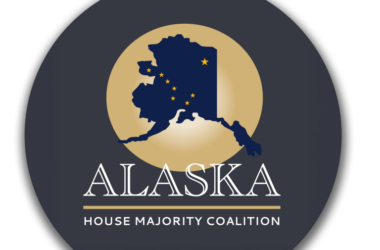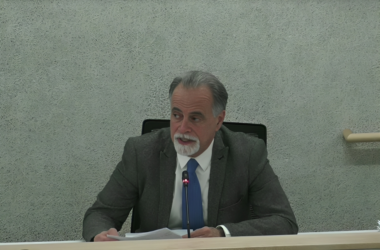The Kenai Peninsula Borough Assembly voted down an ordinance that would have increased the period that the non-prepared food sales tax is collected from three months to six months.
The community’s opinion was clear during public testimony Tuesday night on the ordinance that had been introduced by Assemblyman Dale Bagley…
“The people voted in 2008, in 2011, and just six months ago in October of 2015, to keep the current nine month grocery tax exemption.
“The people voted and voted and voted, they were sued and they still won, I suggest if you want to get this on the ballot for people to hash out again, go out and get the signatures, go through the procedure that everybody else did to get it on the ballot.
“You guys said that your mind is not made up until you hear public testimony and then you make your decisions. Tonight’s a good example of that, 2008 was a good example, 2011 was, and just this last fall.”
Bagley’s intent to align the months where those taxes are collected with fiscal quarters was one section that was well received by the public, including Fred Sturman who led the opposition to grocery tax last year.
Assemblyman Wayne Ogle stated he was a little disappointed to see the issue back before the body already…
Asmb. Ogle: “I’ve been stationed in my career in various areas of the country, some of the highest taxed areas, where you can imagine they tax you for just about everything that you have or do. The one thing they don’t do in a lot of these areas is tax food, and also some of these areas don’t tax clothing because they are considered to be vital types of consumer needs. If I were king for a day I would get rid of this and I would challenge that if we need more revenue there are other places that we can look for revenue.”
Public testimony also pointed out the nonsensical items that are considered “non-prepared foods” like candy bars, gum, and energy drinks. They suggested that perhaps the borough should adjust the food items that are considered essential foods and exempt from taxes, as opposed to going by the federal definition.
Ultimately the ordinance failed by a vote of seven to two.






